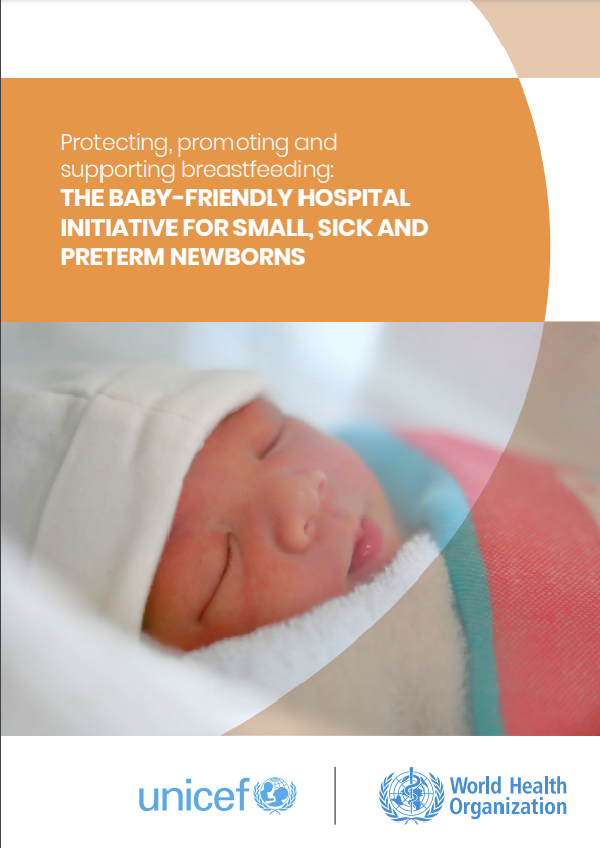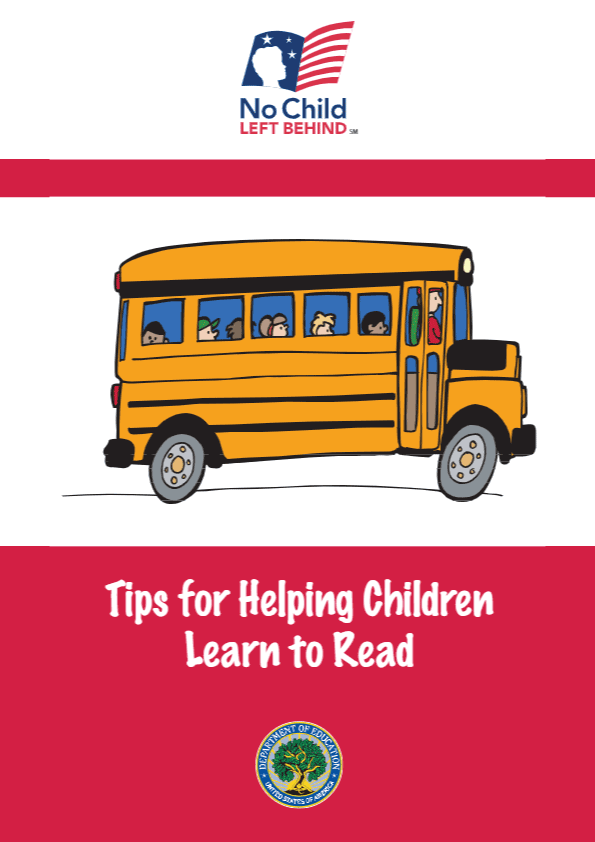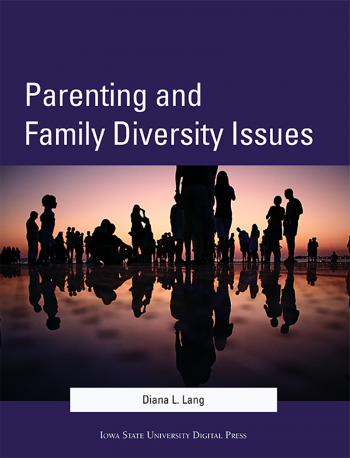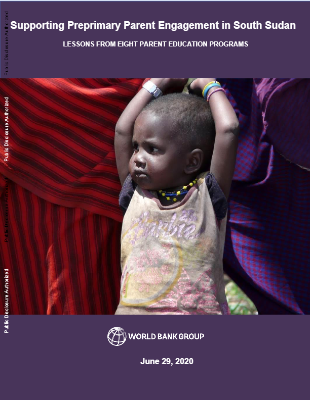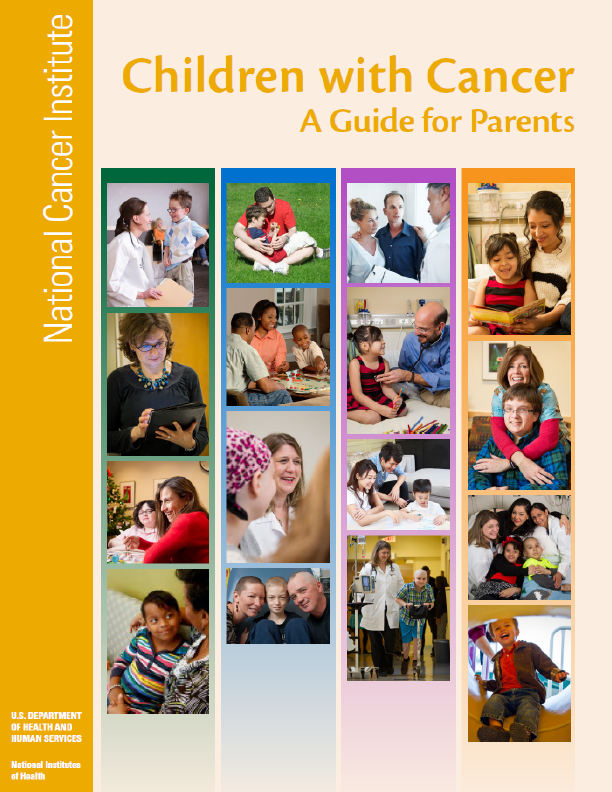The first few hours and days of a newborn’s life are a critical window for establishing lactation and for providing mothers with the support they need to breastfeed successfully. The benefits of human milk and the risks of not receiving it have been well studied and are universally recognized. Current World Health Organization (WHO) guidelines and implementation guidance state that all infants, including small, sick and/or preterm infants, should be fed human milk. Preterm and ill infants may not be able to feed at the breast at birth, but can receive the benefits of human milk immediately, and breastfeed eventually. Of various routine neonatal therapies, human milk is one of the most empirically supported for safety, efficacy, availability and cost effectiveness.
Breastfeeding small, sick and/or preterm infants, whether cared for in a neonatal ward or in the regular postnatal ward, presents multiple challenges because of both maternal and infant physiology, psychology, and the environment. Safe donor human milk from a human milk bank is the feeding of choice if mother’s own milk is unavailable or contraindicated. Systematic reviews have demonstrated the importance of professional and peer support, skin-toskin care and rooming-in, devoting time and attention to initiating and maintaining milk supply, counsellors, provision of oropharyngeal colostrum early in the hospital course, and the use of donor human milk banks.
Unfortunately, one of the biggest barriers to successful breastfeeding is the healthcare system itself and wellmeaning, but misinformed health care providers. Lack of planning and design for breastfeeding, inconsistent advice, lack of knowledge or misinformation, personal bad experiences, lack of time, and facility policies all can compromise breastfeeding for mothers of small, sick and/ or preterm infants. The care of small, sick and/or preterm newborns cannot be separated from that of full-term infants as they both occur in the same facilities, often attended by the same staff. For breastfeeding to succeed for small, sick and/or preterm infants, staff should focus on the individual mother and her situation, and the facility should provide family-centred care within a supportive environment, including kangaroo mother care for preterm and low-birthweight infants.
Since 1991, the Baby-friendly Hospital Initiative (BFHI) has motivated and enabled health care providers of maternity and newborn services worldwide to better support breastfeeding (5). Based on the Ten Steps to Successful Breastfeeding (the Ten Steps) (6), the BFHI focuses on providing optimal feeding care for new mothers and their infants. There is substantial evidence that implementing the Ten Steps significantly improves breastfeeding rates for mothers of the targeted population of term, healthy infants with demonstrated benefits for low-birthweight, ill and preterm infants as well (7‑9). The 2018 revised Baby-friendly Hospital Initiative Implementation Guidance document (1) expanded the interpretation of the Ten Steps to include this distinct group of special infants. The current document provides additional clinical guidance and measures that can be used to apply the BFHI steps to small, sick and/or preterm infants whether cared for in maternity wards or newborn care wards. It aims to aid staff, units, hospitals and systems caring for small, sick and/or preterm infants in their efforts to promote, support and protect breastfeeding in order to achieve the best possible outcomes for the infants, mothers and families under their care.
Quality-improvement is, and should be, a never-ending process. Full compliance with the International Code of Marketing of Breastmilk Substitutes and subsequent resolutions (the Code) (Step 1a) (10, 11), a strong breastfeeding policy (Step 1b), staff education and competency (Step 2), and monitoring systems (Step 1c) are just as important for small, sick and/or preterm infants as for full-term, healthy infants . As healthcare provider encouragement significantly increases breastfeeding initiation, prenatal and postnatal counselling and support are essential steps to support initiation and maintenance of a mother’s milk supply and breastfeeding (Steps 3, 5). Maternal presence and early, frequent, prolonged, if not continuous, skin-to-skin care (Step 4, 7) are essential for the mother of a small, sick and/or preterm infant to learn her infant’s feeding and distress cues (Step 8) and respond appropriately. Involving the mother in the care of her infant gives the mother confidence in handling her child and reduces worry regarding the baby’s condition.
As many small, sick and/or preterm infants are unable to fully feed at the breast, feedings of expressed mothers’ milk, donor human milk, or if unavailable, infant formula, may be needed (Step 6). Appropriate feeding methods (for example, feeding tubes, cups) should be used (Step 9). Use of bottles and teats has been shown to negatively affect breastfeeding in preterm infants, therefore cup or tube feedings (if needed) with progression to the breast is recommended, although further high-quality randomized trials are needed. For small, previously sick and/or preterm infants, comprehensive discharge planning is crucial for the maintenance of health and growth, maintenance of maternal milk supply and progression to exclusive breastfeeding, if not achieved before discharge (Step 10). Early discharge may be achieved with skin-to-skin care and full breastfeeding, but frequent outpatient follow-up is required by professionals trained in lactation and outpatient care of small, previously sick and/or preterm infants.
Implementation of the Ten Steps in facilities caring for populations of small, sick and preterm newborns can dramatically increase breastfeeding rates. Facilities ensuring adherence to evidence-based recommendations on maternity and newborn care can substantially improve the health and well-being of both mothers and infants, globally.
